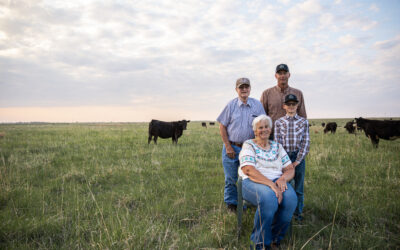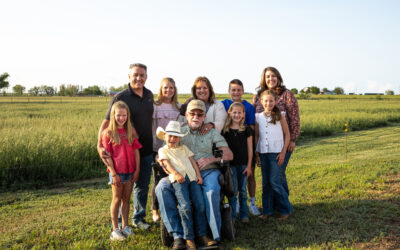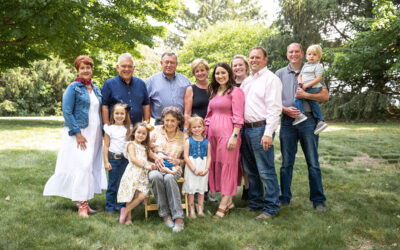
U.S. Premium Beef named CAB Progressive Partner
by Miranda Reiman
September 22, 2021
Fear is a powerful motivator.
In the mid-1990s, beef demand was tanking and that scared the whole industry.
“Our product was bad, and nobody wanted it. We were losing market share at a record rate,” says Mark Gardiner, Ashland, Kan., Angus breeder.
Cattle feeders couldn’t get cattle sold. Each Monday they hoped the show list had enough “fancy” cattle to use as a bargaining tool to sell the remaining finished animals on inventory. Commercial producers who invested in good bulls and vaccinations found their cattle selling for the same price as those from ranchers who didn’t.
That fear brought individual farmers, ranchers and cattle feeders together with a collection of ideas and U.S. Premium Beef (USPB) was born.
“That team became very, very synergistic,” says Tracy Thomas, USPB vice president of marketing. To date, USPB has processed more than 17 million head—with individual data collection on each one—and paid $625 million in grid premiums to cattlemen.
For their influence on the beef business, shifting toward quality and value-based marketing, USPB earned Certified Angus Beef’s (CAB’s) 2021 Progressive Partner Award.
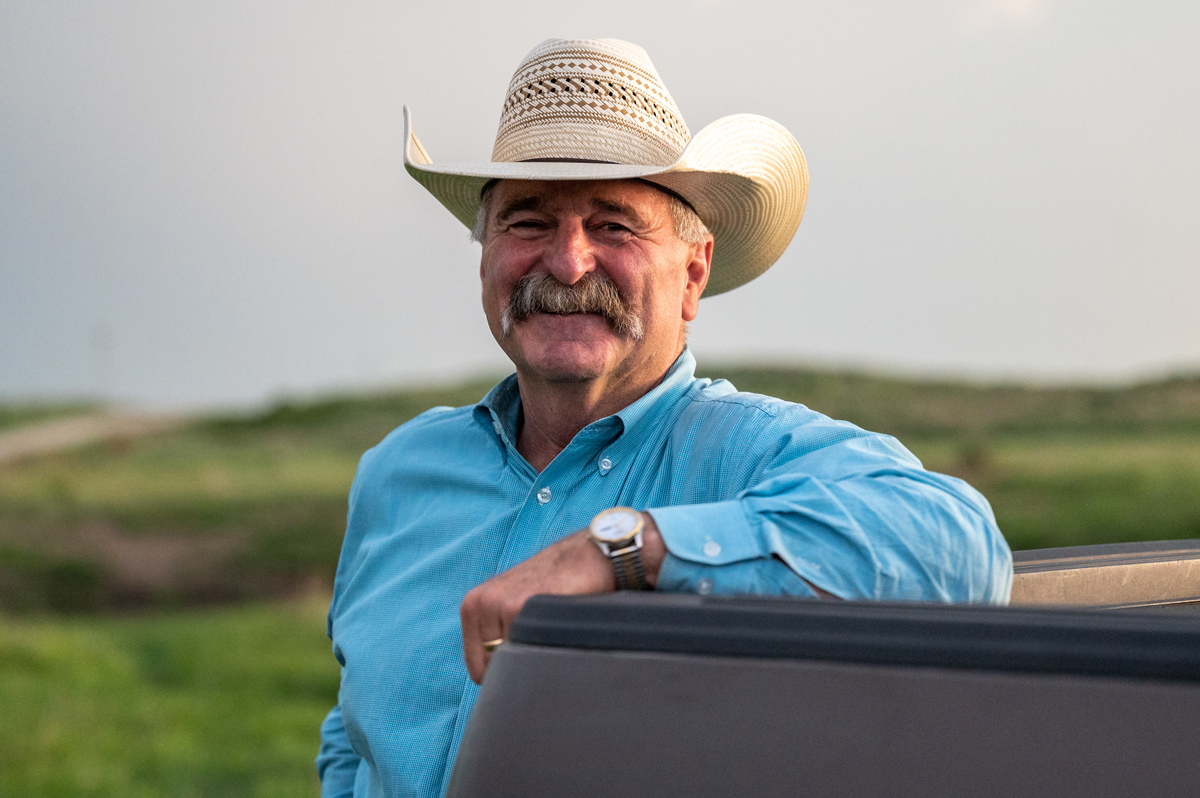
Mark Gardiner, Gardiner Angus Ranch
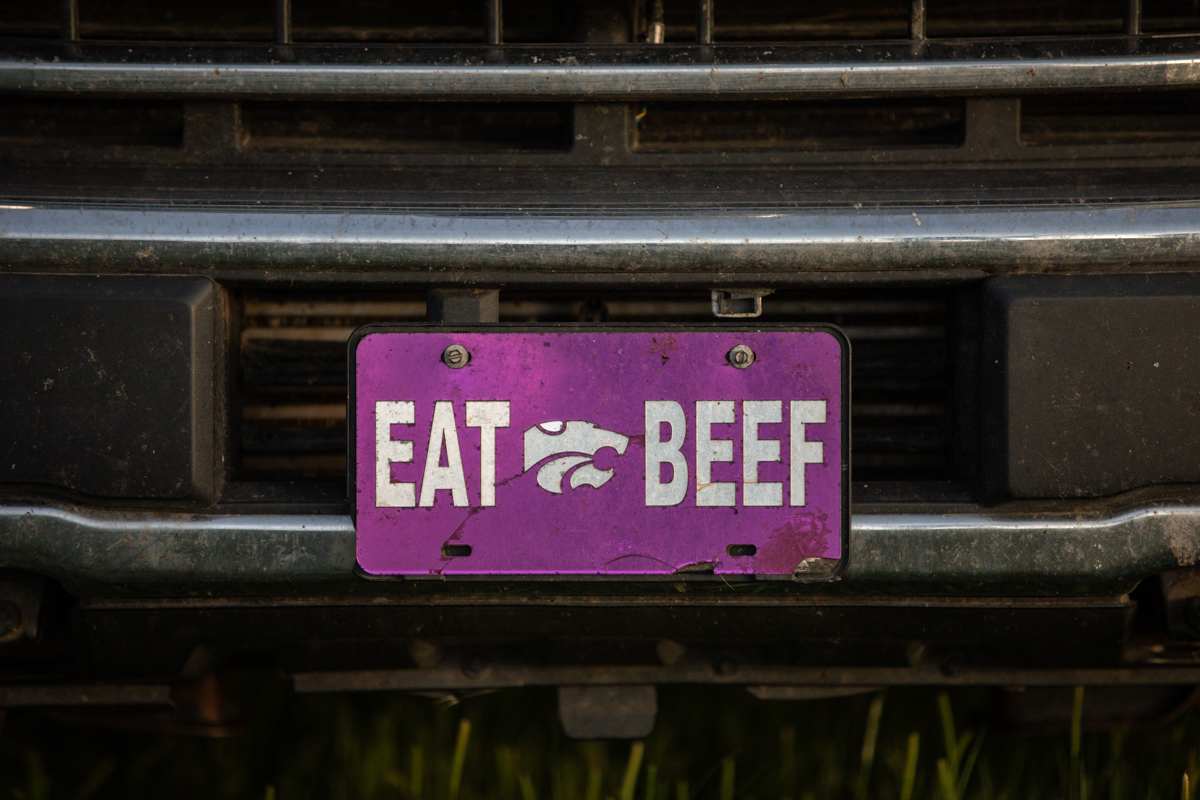
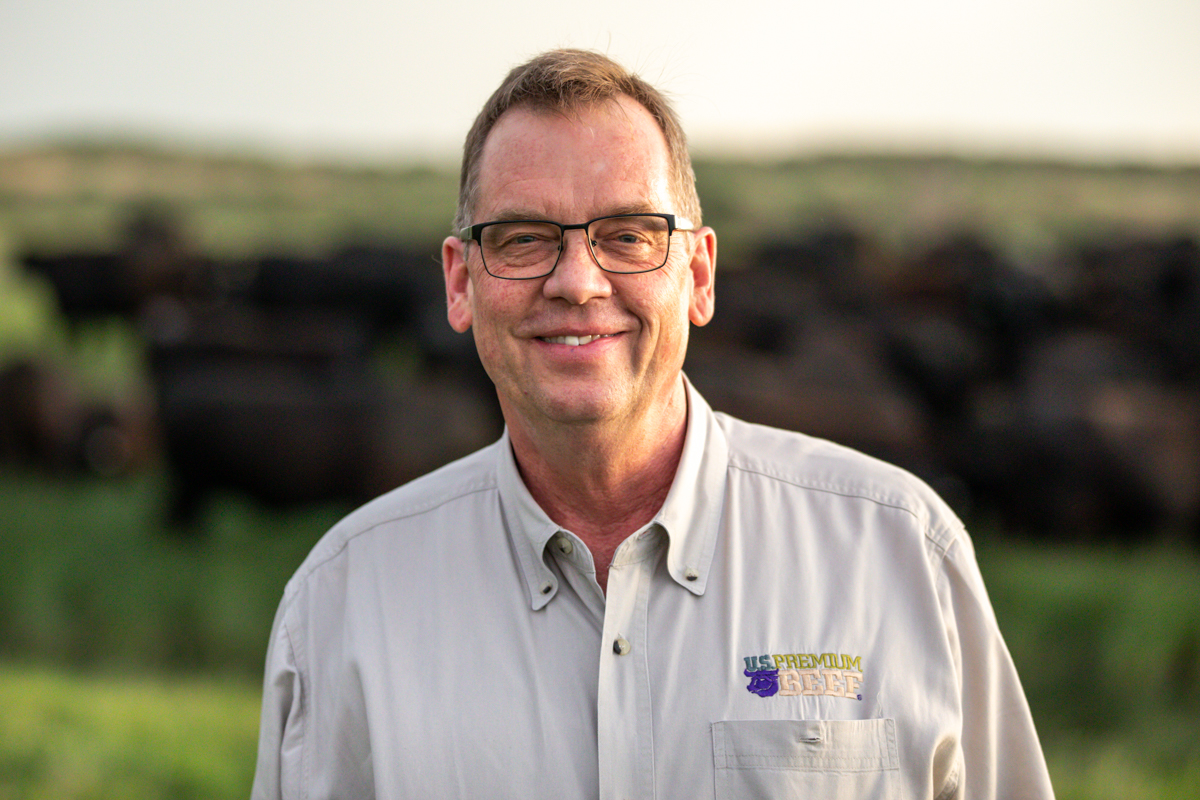
Tracy Thomas, USPB
Kansas State University fraternity brothers Steve Hunt and Mark Gardiner swapped ideas over a Pizza Hut lunch buffet, and more and more alums joined their cause during the next few months.
“We really bought into it because at the time, we were losing a lot of money feeding cattle,” says commercial cattleman Roger Giles, of Ashland, Kan. The better cattle came with lower health cost and gained better, but “you were just getting killed when you sold them.”
Near Scott City, Kan., cattle feeders discussed everything from building their own plant to hiring a czar to sell their fat cattle.
“I’ve said it before, but the success of a rain dance has a lot to do with the timing,” says Joe Morgan, Poky Feeders, a founding USPB member. “One night we all shook hands that we’re going to leave every night as friends, no matter how upset we got during the meeting. I think that was a real key.”
In late 1995, a formal group assembled and started selling an idea. Soon enough, cattlemen from across the country were pledging support to the developing business model.
They signed a letter of intent to purchase up to 50% of what was then Farmland National Beef Packing Co. LP (FNB). It was the fourth-largest beef processor in the United States.
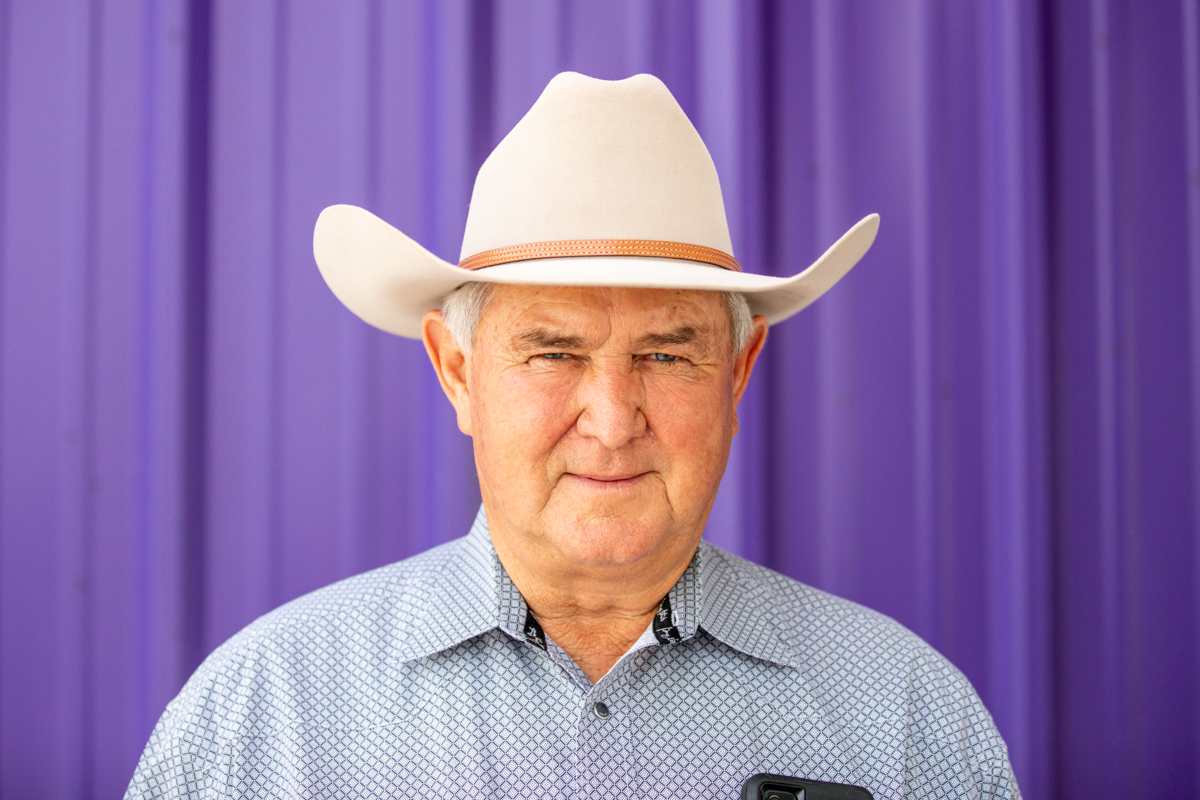
Roger Giles, Giles Angus Ranch
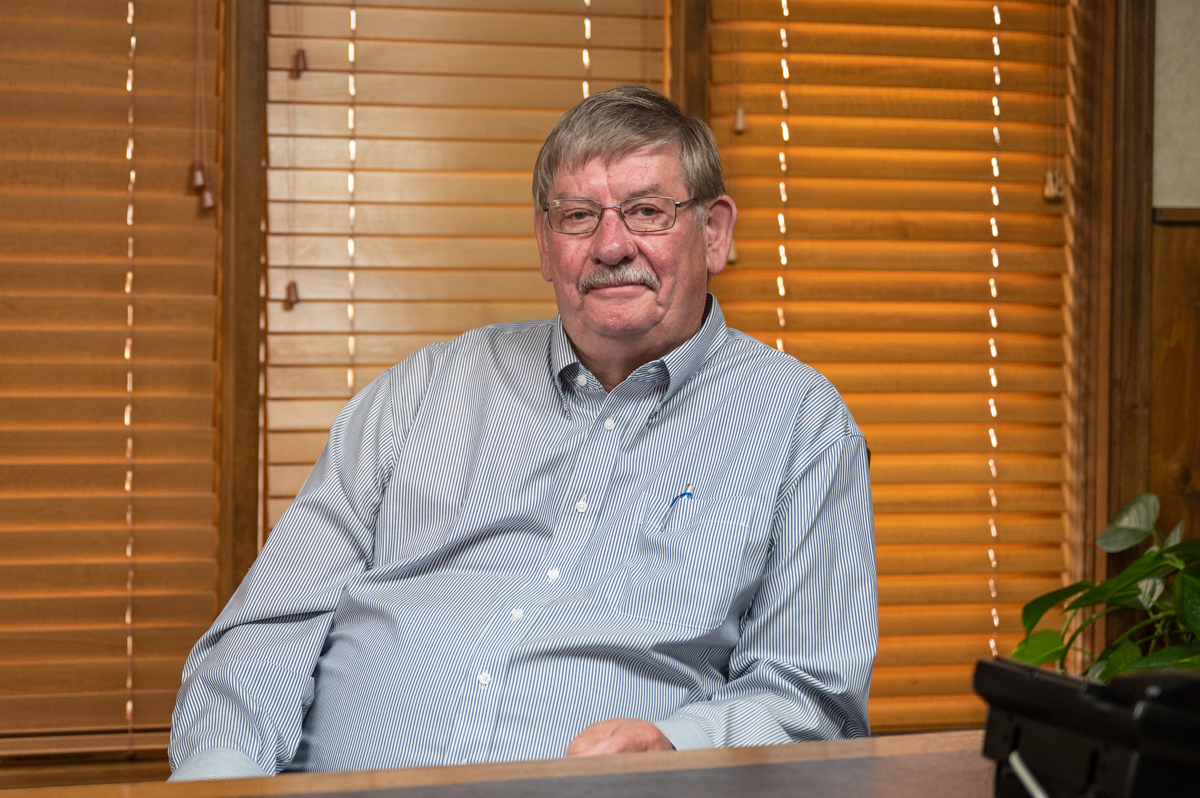
Joe Morgan, Poky Feeders
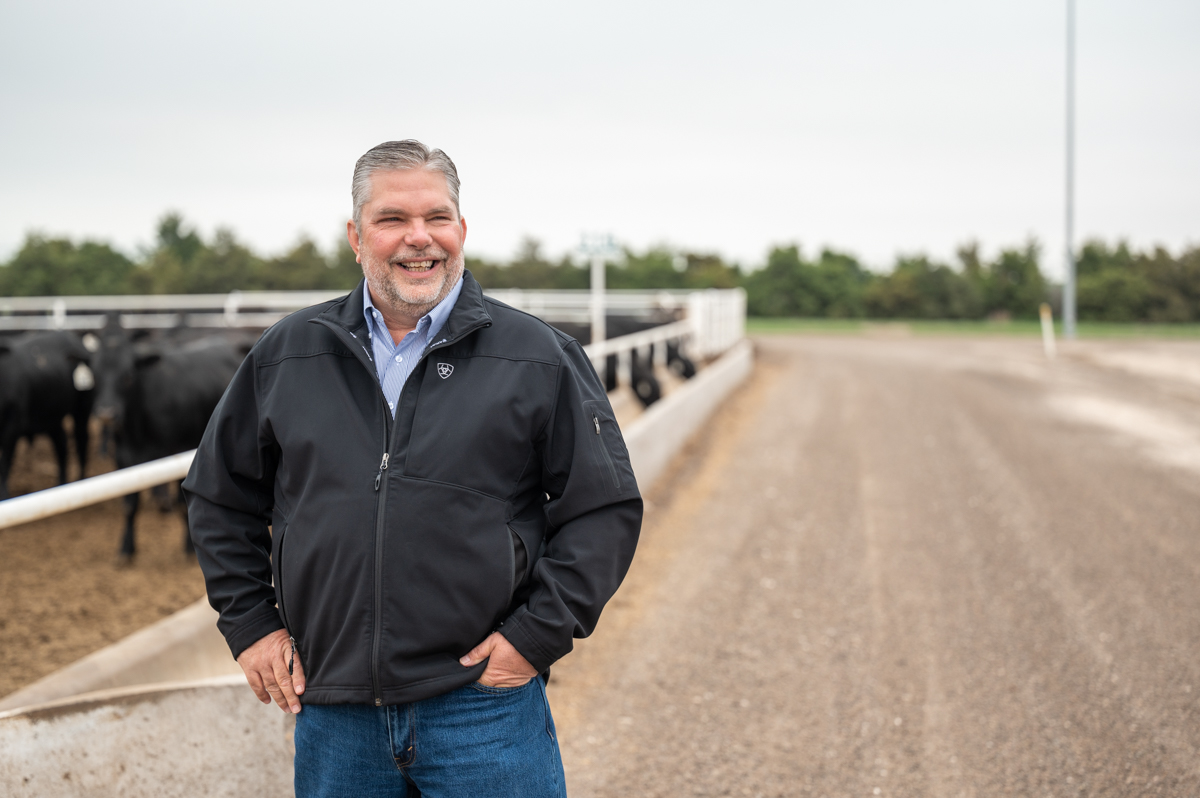
John Fairleigh, Fairleigh Feedyard
The USPB stock offering went live in October 1997, and by December the new company was buying up to 10,000 head of cattle a week from its producer members. Each share carried the “right and obligation to deliver one head to your processing plant,” Thomas says, and the minimum point of entry was 100 shares.
“It was a very, very big investment, kind of rolling the dice and throwing it all in one basket,” says John Fairleigh, Fairleigh Feedyard and fellow founding member. “We all thought when we started U.S. Premium Beef that our cattle were way better than our neighbors’ — and for sure better than the industry.”
Nationwide, less than half of fed beef was grading Choice, and USPB soon realized its harvest ran lower still.
“It was very difficult for us the first few years for people to accept that they needed to make genetic change,” Morgan says.
An initial grace period with FNB guaranteed them at least the market average each week, and with individual carcass data in hand and a grid target to hit, cattlemen got to work.
It’s been more than two decades since the USPB grid was introduced, and now every major packer has marketing options to sell cattle on individual carcass merit.
In 1997 some 40% of all USPB cattle graded Choice, and fewer than 10% qualified for CAB. Last year, USPB cattle averaged 89% Choice and Prime — a record high — and annual CAB percentage has averaged 28% the past five years, with an additional 3% CAB Prime.
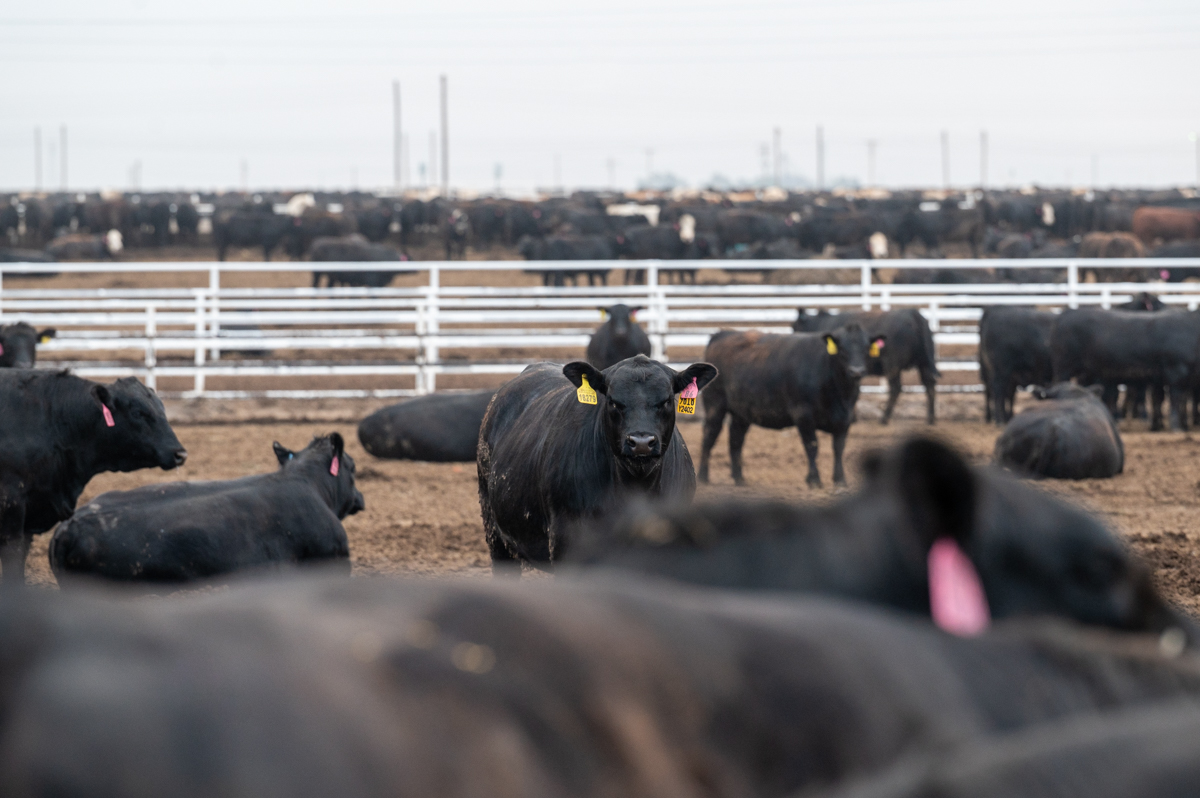
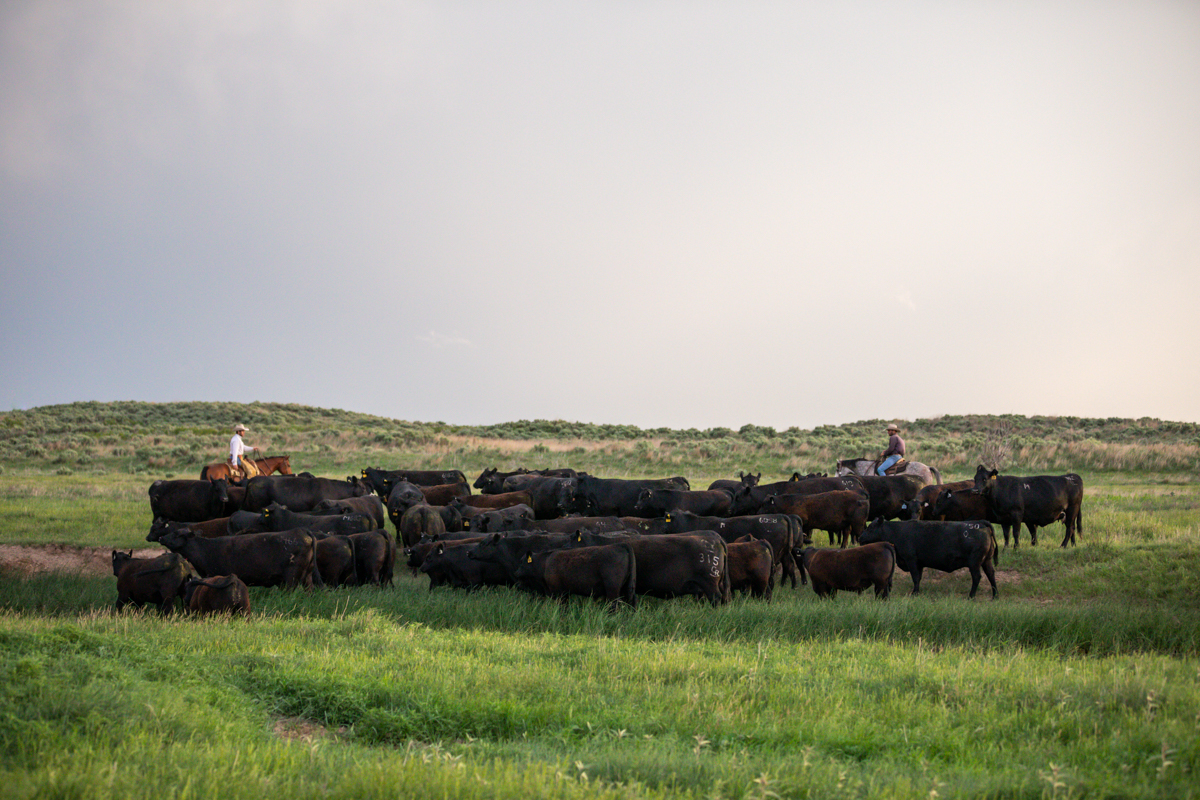
“We had seamless information to guide our guesses as to what consumers wanted,” Fairleigh says.
The cattle changed from the “rainbow coalition,” Gardiner says, to a more solid set of uniform cattle. The Angus breed led the improvement.
“We have created a tremendous product now and got consumer confidence, consumer acceptability and we’ve got the demand now,” Morgan says.
USPB members have collectively earned $2.1 billion in payments, grid premiums and cash distributions from ownership in processing. Today, USPB has more than 2,900 members and associates in 38 different states, and an approximate 15% ownership interest in National Beef Packing Co.
The USPB mission includes increasing both the quality of beef and long-term profitability for cattle producers. Beef demand is up more than 30% on the year.
“We’ve only just begun,” Gardiner says.
You may also like
Nebraska Ranch Receives Certified Angus Beef Commercial Award
Troy Anderson, managing a Nebraska ranch, focuses on breeding thriving maternal cows that will grade premium Choice and Prime, while respecting livestock, people and land. Anderson Cattle receives the 2023 CAB Commitment to Excellence Award. Their journey includes improving genetics, feeding home-raised and purchased calves and using data for better breeding decisions, all with a bottom-line approach.
Magnum Feedyard Earns Certified Angus Beef Award
While Magnum hasn’t always had pens filled with Angus-influenced cattle, they’ve invested in infrastructure, improved quality-based marketing and sought better genetics. Their dedication to detail and employee appreciation drive their success to high-quality beef production.
Michigan Angus Family Earns Ambassador Award
Seldom Rest Farms in Michigan, known for show-ring success, receives the CAB 2023 Ambassador Award for sharing their beef production story with Meijer grocery communications team and other CAB partners. The Foster family shares their passion for Angus cattle while fostering connections within the beef supply chain and promoting the Angus breed and CAB’s role in the industry.

